Hemp is increasingly popular as a remedy for a variety of conditions, including skin problems and stress. It may contain properties that help reduce the risk of diseases such as Alzheimer's disease and cardiovascular diseases, although more research is needed.
Hemp oil
can also reduce inflammation in the body.Hemp seed oil
is rich in linoleic acid.Studies have shown that following a diet rich in linoleic acid significantly reduces total cholesterol and low-density lipoproteins (LDL), or “bad cholesterol”. Hemp oil comes only from hemp seeds. It is not derived from the cannabis plant itself. Hemp oil has no psychoactive properties.
You can't use it to get high. Hemp oil has unique properties and health benefits. Therefore, hemp oil is legal and has fewer regulatory restrictions than marijuana and CBD oil, Chen says. Hemp seeds stored in this way may contain unhealthy trans fats, a type of fat especially linked to heart disease.
There is not enough clinical research data to support claims that hemp is a safe or effective treatment for any condition. Studies suggest that the omega fatty acids in hemp oil may help improve inflammatory skin conditions such as acne, eczema, psoriasis and dermatitis, Chen says. CBD oil is made by extracting CBD from the cannabis plant and then diluting it with a carrier oil such as coconut oil or hemp seed oil. However, some studies have shown that hemp protein is not such a good source of amino acid, lysine, compared to soy protein.
Since the Food and Drug Administration (FDA) approved the first cannabidiol (CBD) drug, consumers are increasingly interested in the benefits of hemp seeds and CBD oils. The omega-3 fatty acids that are abundant in hemp seed oil may help lower blood pressure in people with hypertension (high blood pressure). If you use hemp seed oil topically, be sure to test a small amount first for skin irritation. The amount of hemp seed oil you take depends on how you use it and the health benefits you want to get.
Less than 0.3% of the dry weight of hemp seed oil contains THC, making it unlikely that people will experience a high when consuming it. There isn't enough clinical research data to show that hemp is safe for use by people who are pregnant or breastfeeding. While there is no recommended dose for hemp oil, Chen says that a few grams or tablespoons of hemp oil daily is the dose normally used in clinical trials for conditions such as skin disorders. Some nutritional supplements contain hemp seed oil because of its high content of omega-3 and omega-6 fatty acids, gamma-linolenic acid and nutritious antioxidants.
However, hemp seeds have little or no THC or CBD, says Dr Jeffrey Chen, co-founder and CEO of Radicle Science, a healthcare technology company that offers research and validation services for CBD products. Since the oil comes from the seeds and not from the leaves, flowers or stem of the cannabis plant, hemp seed oil does not contain THC.
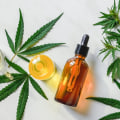
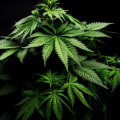
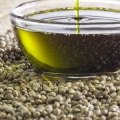

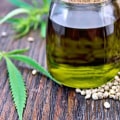

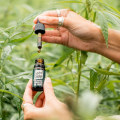
Leave a Comment